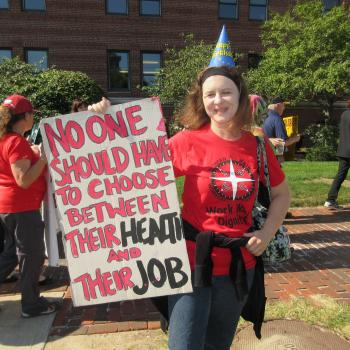Not much thought is given to usury now a day. We pretty much accept that money has a time value. I’m testing this at the moment considering that I have 10 minutes of library computer time remaining.
In looking at the present sub-prime mortgage crisis, we see that it is predominately present in the East Coast, Southeast, and West Coast. Sub-prime in many cases is just another word for usurious. So as to be clear, I’ll define usury rather conservatively as any interest rate exceeding 10% on a land asset and structure. In other times, this may not be deemed usurious by some, but I think in the land of prime rates under 5% in the relatively recent past I am not stretching credulity on the matter.
I live in the Midwest. My home was purchased for what many on the coasts would consider to be a decent down payment. Interestingly enough, the places were usury was most prevalent are also the places where prices are most out of line with traditional metrics such as debt to asset ratio and debt to income ratio. Often such purchases were justified by comparing the cost of renting with the cost of PITI less anticipated appreciation. The allowance of such a scheme removed intrinsic value from property; for example a house in Silver Springs, MD, intrinsically has little value; it is not near work and nor is the surrounding land productive. It gains its value by the presence of members of the wealthy caste and the complete disregard of the lower caste. The extrinsic value is driving the price of the real estate, and what we are witnessing across the country is the fluctuation in that extrinsic value.
Alas my time for writing is quite short now. There are those who will claim that usury has indeed benefited us, the aforementioned McMansions being one of those benefits. They will claim that 4000 sq ft on 1-5 acres is better than 2000 sq ft in the crowded city with all that crime. Admittedly, I would be quite content in a little hermitage myself to live in peace and quiet. However I and many others labor for people. We take their money, and then we dare to reject their companionship. In order to maintain the castes, we reject our true neighbor and create artificial communities. We do this not by building wealth, but by accepting usurious debts.












